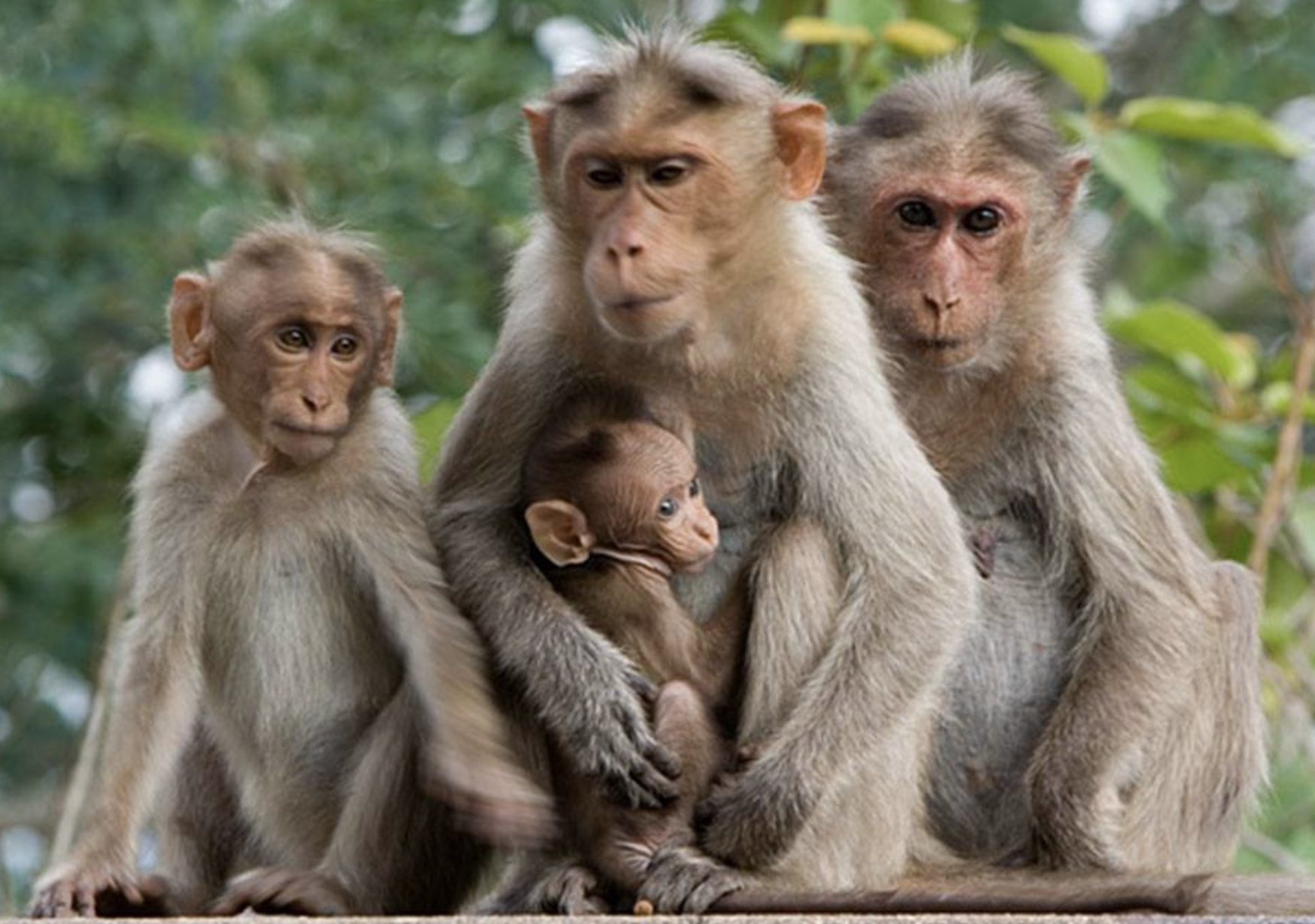In a scene reminiscent of an escape thriller, 43 rhesus macaque monkeys made a break for freedom from Alpha Genesis, a primate research facility in Yemassee, South Carolina. The young monkeys, bred specifically for biomedical research, seized an unexpected opportunity on Wednesday when an enclosure door was reportedly left open by a new employee, per reports from USA Today. Now, residents in the area have been advised to stay alert as authorities work to recapture the elusive primates.
A Startling Escape
According to the Yemassee Police Department, the monkeys, described as “very young” females weighing about six to seven pounds each, escaped from Alpha Genesis, one of the largest primate breeding and research facilities in the United States. The facility is known for breeding monkeys under specific-pathogen-free (SPF) conditions, which ensures they are free of certain infectious agents, crucial for research. Alpha Genesis assured the police that these monkeys are not carriers of diseases, addressing a potential public health concern.
Police and Alpha Genesis personnel have been working together to round up the escaped monkeys. Using food as bait and traps equipped with thermal imaging, search teams are actively trying to locate and secure each of the animals. “Alpha Genesis currently has eyes on the primates and is working to entice them with food,” the Yemassee Police Department reported, adding that residents should lock their doors and windows to prevent any accidental encounters.
Community on High Alert
Local authorities have urged the public not to approach or attempt to capture any monkeys they might encounter. Instead, residents are encouraged to call 911 for assistance. “These monkeys are skittish, and any sudden movement or noise could make them difficult to capture,” the police cautioned in a Facebook post, highlighting that the escapees are unfamiliar with life outside a controlled environment and may act unpredictably if startled.
Yemassee Town Administrator Matthew Garnes emphasised the importance of keeping a safe distance from the monkeys. In a statement to The Hampton County Guardian, Garnes reassured the public that the monkeys are not aggressive but advised against approaching them. “We’re not talking about Caesar from Planet of the Apes,” he remarked.
Alpha Genesis Responds
Alpha Genesis, which operates on a 100-acre facility with advanced quarantine, breeding, and research areas, expressed frustration over the incident. CEO Greg Westergaard explained that the escape happened when a new employee accidentally left the enclosure door open, triggering what he described as a “follow-the-leader” escape sequence. “You see one go, and the others follow,” Westergaard said, noting that 43 of the 50 monkeys in the enclosure managed to slip out.
Established in 1964, Alpha Genesis has grown into one of the leading suppliers of primates for biomedical research, serving government agencies, universities, and private research institutions. According to the company’s website, Alpha Genesis specialises in providing nonhuman primates for studies on critical health issues like cancer, heart disease, and neurological disorders. The facility is also known for its adherence to stringent animal care standards, being AAALAC accredited with an Ethics and Compliance Program in place.
This is not the first time Alpha Genesis has dealt with an escape. In 2016, 19 monkeys managed to escape but were recaptured within hours. The recent incident, however, is one of the largest in the facility’s history, raising questions about the security measures in place at Alpha Genesis.
PETA Raises Health Concerns
A recent statement from PETA has further intensified the debate surrounding the escape. According to PETA, these monkeys may pose a health risk, contrary to Alpha Genesis’ assurances that they are “specific-pathogen-free” (SPF).
In a public statement, PETA Primate Scientist Dr. Lisa Jones-Engel highlighted that SPF status does not guarantee that these monkeys are free of dangerous diseases. Dr. Jones-Engel stated that laboratories across the U.S. with SPF monkeys have reported outbreaks of tuberculosis, MRSA, dysentery-causing pathogens, herpes B, and other infections, raising significant concerns about the facility’s operations. She emphasised that the National Institutes of Health (NIH) financially supports Alpha Genesis for research involving primates, though, per PETA, these facilities often suffer from inadequate staffing and insufficient training.
“These 43 scared, cold, and hungry monkeys are now on the loose, further exposing the failures of the monkey experimentation industry to protect human health and public safety,” said Dr. Jones-Engel. She called on the NIH to reconsider its funding of such facilities and urged for the immediate closure of Alpha Genesis, which she claims “deprives monkeys of all that matters to them, leading them to a miserable existence.”







